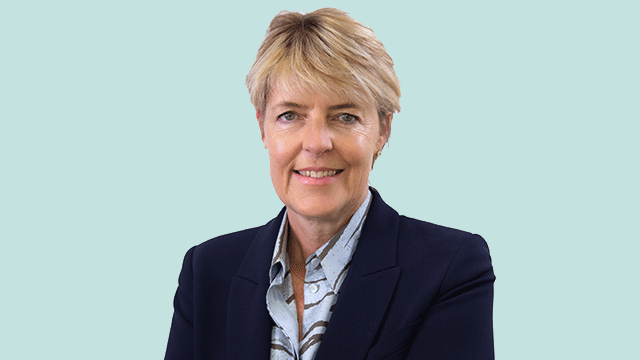The third Estates Gazette 100 league table of leading firms of surveyors shows that turnover topped £1bn for the first time. But with economic uncertainty and the trend towards globalisation, caution still prevails
|
For the large practices, the main issues concern globalisation and consolidation, and how the major firms handle these issues We see some slowing of market growth in the first half, with increasing activity during the year. There are real opportunities for cross-border business This will be a more testing year but one with a greater opportunity to show real performance We must ensure that we understand clients’ roles and requirements and identify the most profitable areas of business during a time of uncertainty There is a slowing down. However, this provides better opportunities for surveyors and clients who are experts in their fields |
Last year was a fascinating one for observers of UK commercial surveying businesses.
It was a vintage year. For the first time, the total turnover of the EG 100 was more than £1bn: at £1.03bn, fees were 10.4% up on the 1997 total of £934m. In other words, there was almost another £100m of fees to be divvied up between the players.
It was also unprecedented in terms of merger activity. Four of the UK’s finest opted for takeover or merger with US concerns in the continuing drive towards globalisation – at the same time making the owners of those UK businesses considerably richer.
The activity provoked much debate: were the sell-offs another sign that the property market had peaked? Or is globalisation a real part of modern business that is here to stay? And have we seen all the big deals already or are there more to come? In Grubb & Ellis, there is one more quoted US property consultant on record as having aspirations to expand into the UK and Europe.
Along with the economy, it was managing the issues associated with globalisation that emerged as the main concern for the businesses in the EG 100. This applies as much to the medium-sized and smaller niche firms – many of which had a very successful and profitable year – as it does to the elite at the top of the table.
Whether to merge or stay independent and how to protect market share from global competitors are real worries. There is also great interest in how the firms that have gone global will manage the change to being part of worldwide organisations and how this will feed through to performance.
And on the economy? As we know, 1998 started strongly. And then the economy delivered a series of sharp shocks, starting in August and culminating in the stock market plummeting to a year low in October. Our survey was compiled in November, before the dramatic recovery in equities in December and before the downward trend in interest rates was firmly established. This was reflected in the property market, where there is a strong feeling that there was a big drop in confidence late last year, before rallying.
Looking forward, there remains considerable uncertainty. Only this week the British Retail Consortium said that some of its members had had “the worst Christmas they can remember”. Yet what comes through from the EG 100 is that the industry is in good shape, though cautious.
Though the number of surveying firms predicting an increase in turnover in the 1998-99 financial year is lower than in our 1997 survey – 65 instead of 84 – it is still a substantial number. The average anticipated increase in income is 9% and previous years’ predictions have proved to be fairly accurate. Last year’s figure, an average 12% increase, is not far off the 10.4% actually achieved.
Although firms are concerned about the impact of recession, many believe that they will ride out the storm and at least maintain their turnover.
And although there are concerns about areas of business, particularly agency, there is a feeling that the market will continue to present opportunities for growth and expansion, albeit that the strong will wrest business from the weak.










